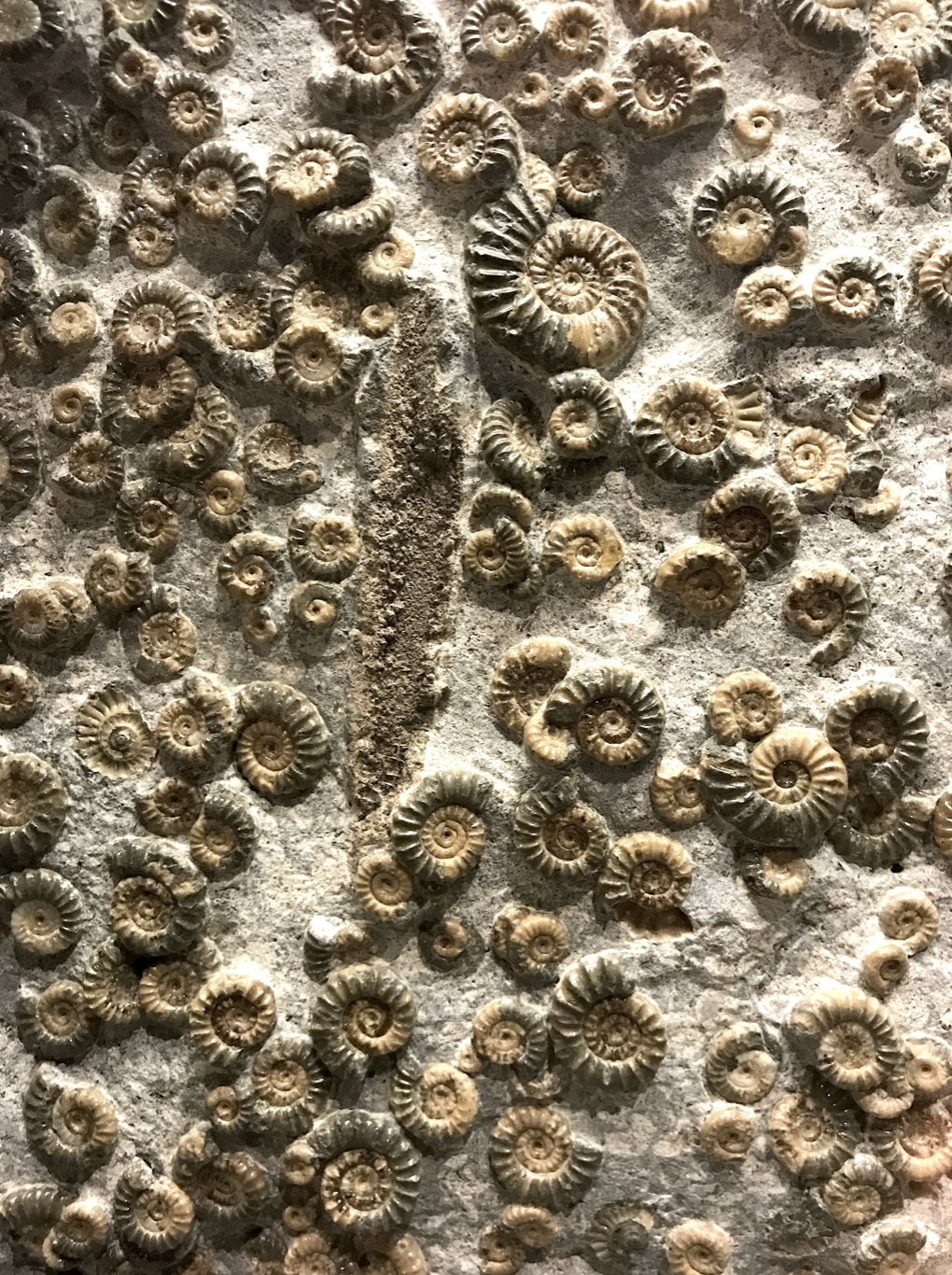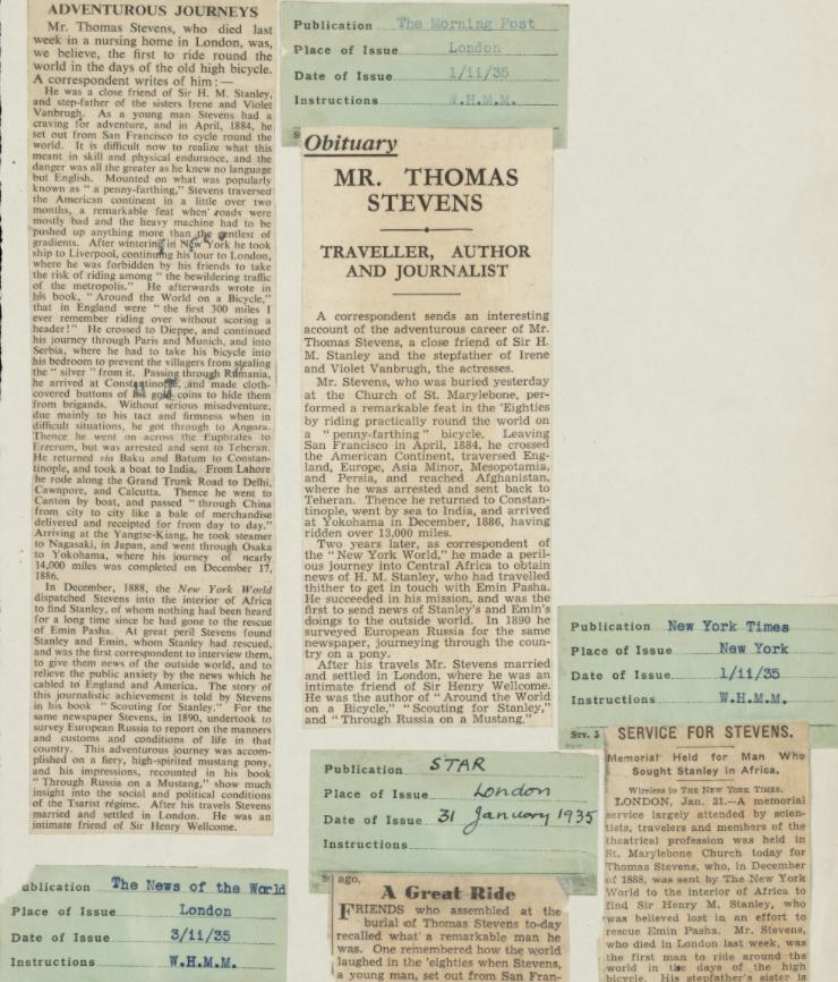
Continued from Passports Four, Five and Six.
My sixth passport was a long time in coming. Five weeks, six weeks, seven, eight. I began to worry. Perhaps there was some sort of special code that postal employees could punch in for those who were clearly fanatics, damning all the crazies’ passports into an institutional abyss in lieu of denying them in person. Much safer that way. Less need to staff federal agents with guns at the postal offices.
Finally, I called the customer service number and was of course put on hold for at least half an hour.
“I’m sorry, we have no record of your account,” the woman on the other end said at last.
“What? How is that possible? I watched them send everything in.”
“Who’s ‘them?’”
“The postal employees.”
“Oh.” She seemed to be processing this information. “What did you say your address was again?”
“3690 Bergen Street.”
“3690? I don’t see a….oh. Ohhh.”
This was not reassuring.
“Yes?”
“I’m afraid it was sent April 6th—let’s see, that’s a little over a month ago—to, well, a 3640 Bergen Street.”
“Excuse me?”
“It was sent to the wrong address.”
“What?”
“I’m sorry there’s nothing more I can do. You must’ve written the return address wrong on the form—”
“Hold on, it was the postal worker who—”
“—but you can always reapply. The fee, of course, can’t be waived but—”
“What?”
“Sir, there’s no need to raise your voice.”
“But this isn’t my—”
“Sir, I’m sorry, if you’d like to reapply, you may do so—” Her voice took on a curiously electronic tone. “—by completing the DS-82 form at your local post office. If you would like to declare your passport lost or stolen, you may download form DS-64 from our website. If you have a complaint, you may call our Customer Complaint Hotline at one-eight-hundred—”
It was clear she had repeated this litany innumerable times and there were surely a dozen more options she would bulldoze me with. I took some small consolation from the fact that it probably took her a full two minutes to realize I’d already hung up.
So I went to 3640 Bergen Street. What else could I do? In my frustration I was determined to win one against the system that had cheated me, belittled me, forced me to suffer illusory fears. It was only two blocks down from my apartment, anyway. What was there to lose?
The block is mostly industrial, metal doors and sooty brick. 3640 Bergen in particular presents an intimidating facade, marked chiefly by an enormous rolling gate made for truck deliveries that never seems to open. There is little to indicate how people—actual, real people—can enter the building, as what presumably once was the door appears welded shut and impossibly closed.
I rang the doorbell anyway.
No response.
I rang again. No response. And then again. Nothing.
It was at this point that the weight of despair finally welled up—a substantial burden that had been growing steadily since the fateful decision to toss my fifth passport into the microwave—and lodged itself with some surprising resolution into the end of my index finger. I leaned on the buzzer and wept, a sad little man desperate for contact whose fumbled reaching for more, for some small crumb of happiness, was mediated, eternally mediated, by forsaken doorbells and inscrutable documents and postal errors. It was clear that nobody existed in the entire world, not one person, just institutions and paperwork and aggravation all the way down.
The impotence of the buzzing seemed to me cathartic, so I kept my finger jammed on the button and closed my eyes.
A shrill, fierce howl opened them.
There in the welded-shut doorway—which apparently wasn’t—a Chinese woman had appeared, angrily gesticulating and shouting something I didn’t understand. She kept waving her hands, shooing me away like I was a mist to be dissolved with extreme prejudice. Over her shoulder, through the doorway, I could see a low-ceilinged, large space dotted with immense vats of a cloudy white liquid. Each vat was filled with what appeared to be bars of a pearly gelatinous substance, like blocks of waterlogged goat cheese. A forlorn Mexican woman was stirring another vat with an enormous wooden paddle. Water appeared to be dripping from pipes in the ceiling and the floor was slick with something foul-smelling. In the corner, five Chinese men sat on their heels around what appeared to be two roosters, and each of the men had fistfuls of green bills.
This was it. I was going to die. I had clearly stumbled onto something illegal and would be summarily executed as a witness.
The woman kept shouting, but God only knew what.
“Who you?” I finally made out amidst her incessant screeches. “Who you?”
“Nobody,” I gasped. “Nobody important. Please, I saw nothing. I want no trouble. I have a wife.” I almost laughed at this point, a kind of despondent gallows chuckle. “I just—my passport—all this because of my—”
“Passport?” She looked at me closely.
“Yes, but that’s not really important anymore—”
“Passport!” She seemed suddenly delighted. “Mah-keen! Joss-you-a!”
Our conversation had caught the attention of one of the men. He squinted at me and appeared to spit on the ground.
“It’s quite alright, really, I’ll be going, just a mix-up, sorry to have—”
“No!” She insisted. “I keep! You wait!” Everything she said seemed shouted and impossible to disagree with.
She disappeared and now all the men were watching me. I saw what looked like a blade attached to the leg of one of the roosters. One of the men saw me looking and sneered.
The woman reappeared. She seemed happy with herself, nodding, clicking her tongue against the inside of her teeth. She held an opened express mail envelope in her hands and inside flashed the tell-tale blue jacket of a U.S. passport.
“You see? I keep! Very important.”
I didn’t know what to say. One of the men had gotten up and was walking toward us. His fists were clenched. This consumed much of my attention.
“A passport,” she said, suddenly much softer. “Like a life.”
She leaned in close.
“Your life,” she said again in a gentle voice. “Your passport.”
I frowned. This was not particularly comforting, considering the abasement my fifth and sixth passports had so far subjected me to. Even this woman’s unexpected benevolence did not change that. I prefer my dispensations to be free of humiliation, thank you very much. In any case, the mix of degradation and grace offered in her words contained implications I wasn’t ready to face, not with a strange Chinese man advancing on me.
“Thank you,” I said, and took my sixth passport from her hands. I fled. Behind me they began to argue over my retreating person, harsh noises in a strange tongue that I didn’t apprehend, and I ran, swept away on that torrent of words I couldn’t understand, didn’t want to.



